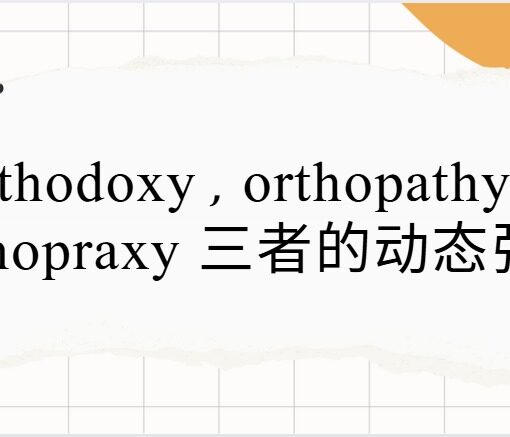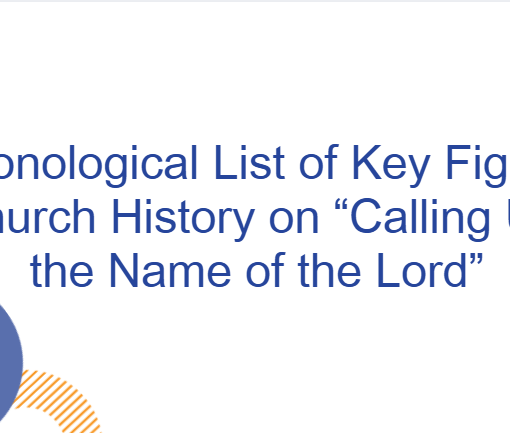That’s an excellent request. My summary of Christianity’s enduring core values is synthesized from **primary Christian sources (Scripture)**, **historical theological developments**, and **broad ecumenical consensus** across major traditions (Catholic, Orthodox, Protestant). Here are the key sources and foundations:
1. **The Bible (Scripture):** The ultimate primary source for all core Christian doctrines.
* **The Centrality of Jesus Christ:**
* Incarnation: John 1:1-14, Philippians 2:5-11, Colossians 1:15-20.
* Atonement/Sacrifice: Romans 3:21-26, 5:6-11; 1 Corinthians 15:3-4; Hebrews 9:11-14, 10:10-14; 1 Peter 2:24.
* Resurrection: Matthew 28; Mark 16; Luke 24; John 20-21; 1 Corinthians 15:12-28.
* Lordship/Salvation: Acts 4:12; Romans 10:9-10; John 14:6.
* **Salvation by Grace through Faith:**
* Grace: Ephesians 2:8-9 (“For by grace you have been saved through faith. And this is not your own doing; it is the gift of God, not a result of works…”); Romans 3:23-24, 5:1-2, 11:6; Titus 3:4-7.
* Faith: John 3:16; Romans 1:16-17, 3:22, 5:1; Galatians 2:16, 3:26; Hebrews 11.
* Transformation: Romans 6:1-14, 12:1-2; 2 Corinthians 5:17; Galatians 5:22-23; Philippians 2:12-13.
* **The Primacy of Love (Agape):**
* God is Love: 1 John 4:7-21 (especially verse 8: “Anyone who does not love does not know God, because God is love.”).
* Great Commandment: Matthew 22:37-40; Mark 12:28-31; Luke 10:25-28.
* Christ’s Example: John 13:34-35; 15:12-13 (“This is my commandment, that you love one another as I have loved you. Greater love has no one than this, that someone lay down his life for his friends.”); Romans 5:8; 1 John 3:16.
* **The Authority of Scripture:**
* Inspiration & Usefulness: 2 Timothy 3:16-17 (“All Scripture is breathed out by God and profitable for teaching, for reproof, for correction, and for training in righteousness…”); 2 Peter 1:20-21.
* Revelation of Christ: Luke 24:27, 44-47; John 5:39.
* **The Work of the Holy Spirit:**
* Indwelling/Guidance: John 14:15-17, 26; 16:7-15; Romans 8:9-17, 26-27; 1 Corinthians 2:10-16, 3:16, 6:19; Galatians 5:16-25.
* Gifts: Romans 12:6-8; 1 Corinthians 12:4-11; Ephesians 4:11-13; 1 Peter 4:10-11.
2. **Historical Creeds & Councils:** Formalized core doctrines accepted by most branches of Christianity.
* **Apostles’ Creed** (2nd-9th cent.): Affirms core beliefs about God the Father, Jesus Christ (incarnation, crucifixion, resurrection, ascension), Holy Spirit, Church, forgiveness, resurrection of the body, eternal life.
* **Nicene Creed** (325/381 AD): Definitive statement on the Trinity (Father, Son, Holy Spirit as co-equal and co-eternal) and the full divinity/humanity of Christ, against early heresies like Arianism. Universally accepted by Catholic, Orthodox, and major Protestant traditions.
* **Chalcedonian Definition** (451 AD): Clarified the nature of Christ as one person in two natures (fully God and fully man), “without confusion, without change, without division, without separation.”
3. **Foundational Theologians & Writings:** Key figures whose interpretations shaped Christian understanding through the centuries.
* **St. Paul:** His epistles (Romans, Galatians, Ephesians, etc.) are the primary scriptural source for *justification by grace through faith* and the centrality of Christ’s death and resurrection.
* **St. Augustine of Hippo (354-430 AD):** Profoundly articulated the doctrines of *original sin, divine grace, and predestination* (e.g., *Confessions*, *The City of God*, *On the Spirit and the Letter*). His emphasis on grace versus human merit was foundational for later reformers.
* **St. Anselm of Canterbury (1033-1109 AD):** Developed the influential *satisfaction theory of atonement* in *Cur Deus Homo* (Why God Became Man), emphasizing Christ’s death as satisfying the debt owed to God’s honor/justice due to sin.
* **St. Thomas Aquinas (1225-1274 AD):** His monumental *Summa Theologica* systematized theology, integrating faith and reason, and profoundly influenced Catholic understanding of grace, virtues (especially charity/love), sacraments, and scripture.
* **Martin Luther (1483-1546 AD):** Reaffirmed *Sola Gratia, Sola Fide, Solus Christus, Sola Scriptura* as the core of the Gospel against perceived corruptions, based primarily on his reading of Paul (e.g., *The Bondage of the Will*, *Preface to Romans*).
* **John Calvin (1509-1564 AD):** Further systematized Reformation theology, emphasizing God’s sovereignty, grace, and the authority of scripture (*Institutes of the Christian Religion*).
4. **Ecumenical Consensus:** While interpretations and emphases differ, the core values outlined (Christocentrism, Grace, Agape, Scripture, Spirit) are recognized as foundational across:
* **Catholicism:** Catechism of the Catholic Church explicitly centers on Christ, Grace, Love, Scripture, and Spirit.
* **Eastern Orthodoxy:** Core doctrines expressed in the Nicene Creed, emphasis on Theosis (divinization through grace), and the centrality of Christ and the Spirit.
* **Mainline Protestantism (Lutheran, Reformed, Anglican, Methodist, etc.):** Explicitly built on the Reformation solas (Grace, Faith, Christ, Scripture) and the Great Commandment.
* **Evangelical Protestantism:** Strong emphasis on the authority of Scripture, salvation by grace through faith in Christ alone, and the Great Commission.
**In summary:** The core values are not my invention, but are drawn directly from the New Testament witness about Jesus Christ and the apostolic teaching, solidified through centuries of theological reflection, defended in ecumenical councils, and affirmed (in their essential substance) by the vast majority of Christian traditions throughout history. While denominations disagree on *how* these values are understood or applied (e.g., the *mechanism* of grace in sacraments, the *balance* of scripture and tradition, the *role* of the Spirit in gifts), the *core values themselves* represent the common ground of historic, orthodox Christianity.
If you’d like specific citations from historical theologians or creeds on a particular point, I can provide those as well!




